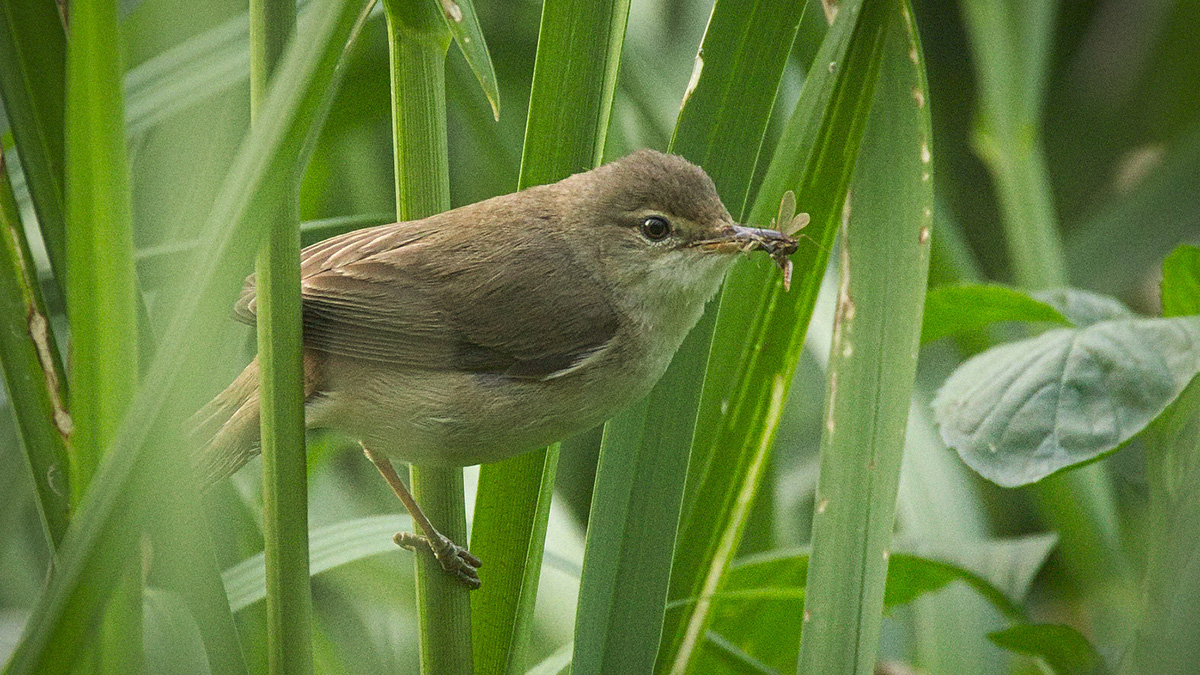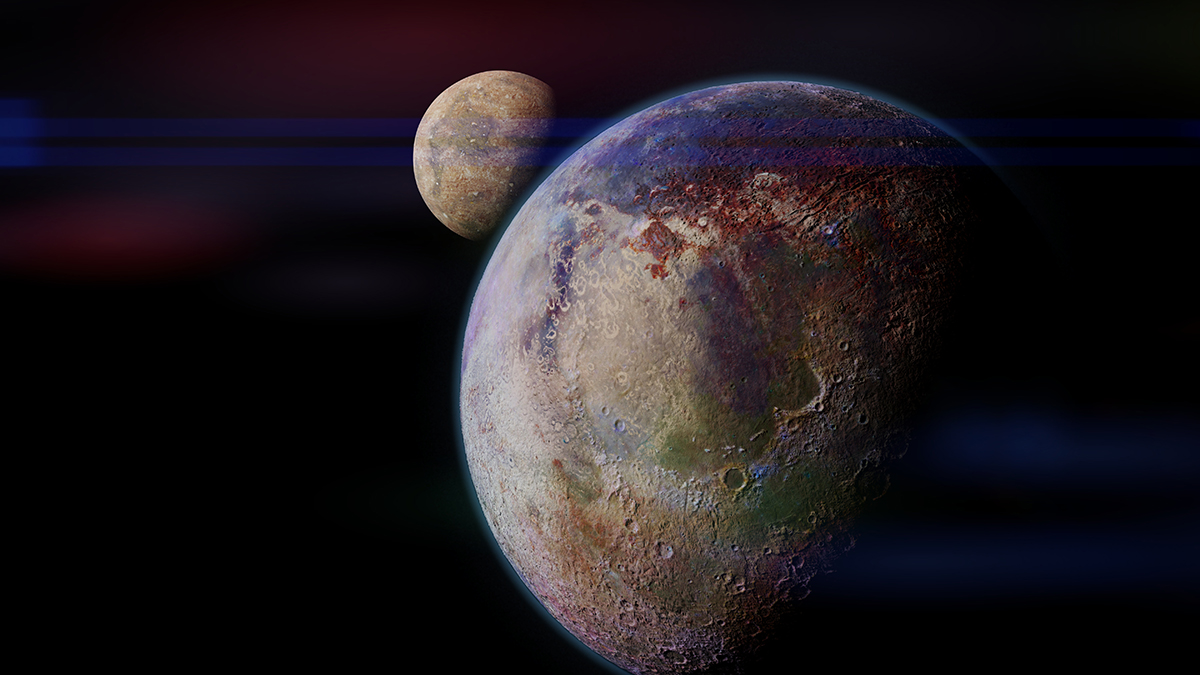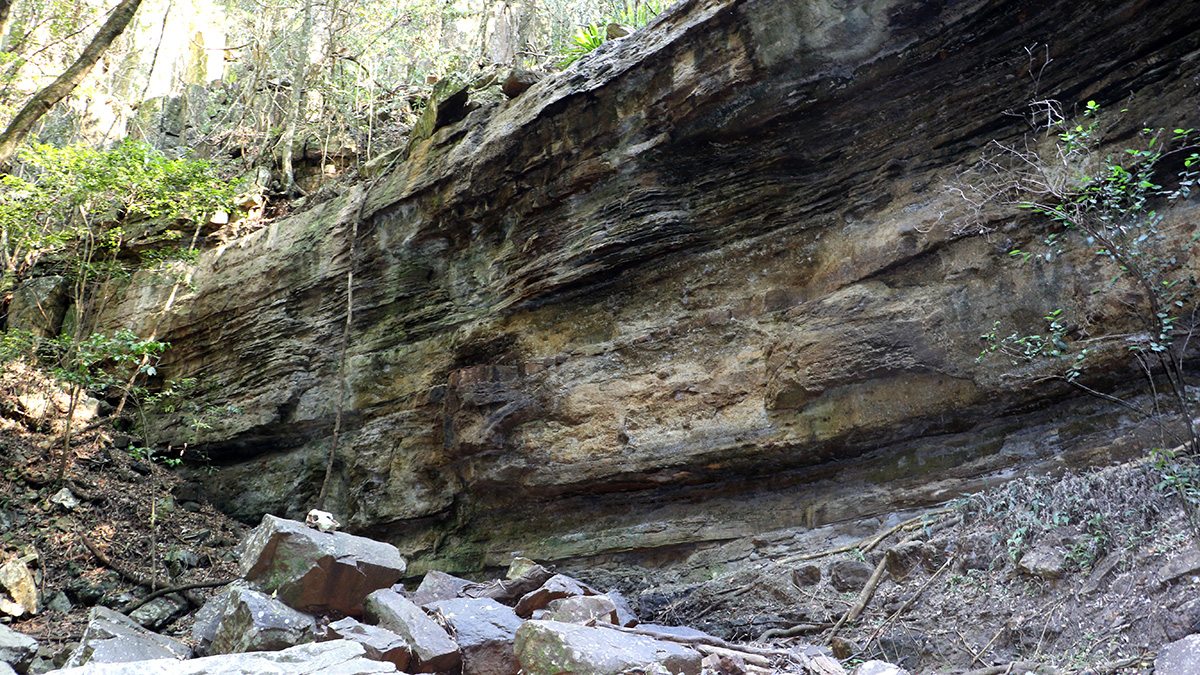Underground fires threaten the health of people and livestock living near mines supporting the country’s growing coal industry.
News
Tecnología de punta, serendipia y los secretos del Stonehenge
El primer análisis exhaustivo de lo qué están hechas las piedras sarsen se produjo con nueva tecnología y buena suerte a la antigua.
Magnetic Stop Signs Show Birds the Way Home
Just like salmon and sea turtles, these songbirds appear to be sensitive to shifts in the magnetic field.
How Does Sand Move? New Observations Challenge Prevailing Formulas
Research in the Azores finds a discrepancy between field observations of sediment transport and predictions made with commonly used mathematical formulas.
Himalayas Are Experiencing an “Exceptional” Loss of Glacial Mass
The Himalayas have lost 40% of their glacial mass since the Little Ice Age. East Nepal and Bhutan have experienced the most rapid losses.
To Make a Big Moon, Start with a Small Planet
Why is our Moon so massive compared with Earth, and how might that configuration happen elsewhere?
Estimating Lake Evaporation Just Got Easier
A new method standardizes freshwater lake measurements and shows they are losing a fifth of their inflow to evaporation.
A New Model for an Old Extinction Event
A 3D Earth system model incorporates variables such as temperature and sulfurization to shed light on the end-Permian extinction event.
Lake Michigan’s Salinity Is on the Rise
Road salt is primarily to blame for the shift, though the water remains within safe levels for now.
Deforestation Is Flooding West African Coasts
The lack of trees is contributing to increased rainfall along the coast of southwest Africa, where communities are already vulnerable to flash flooding.










